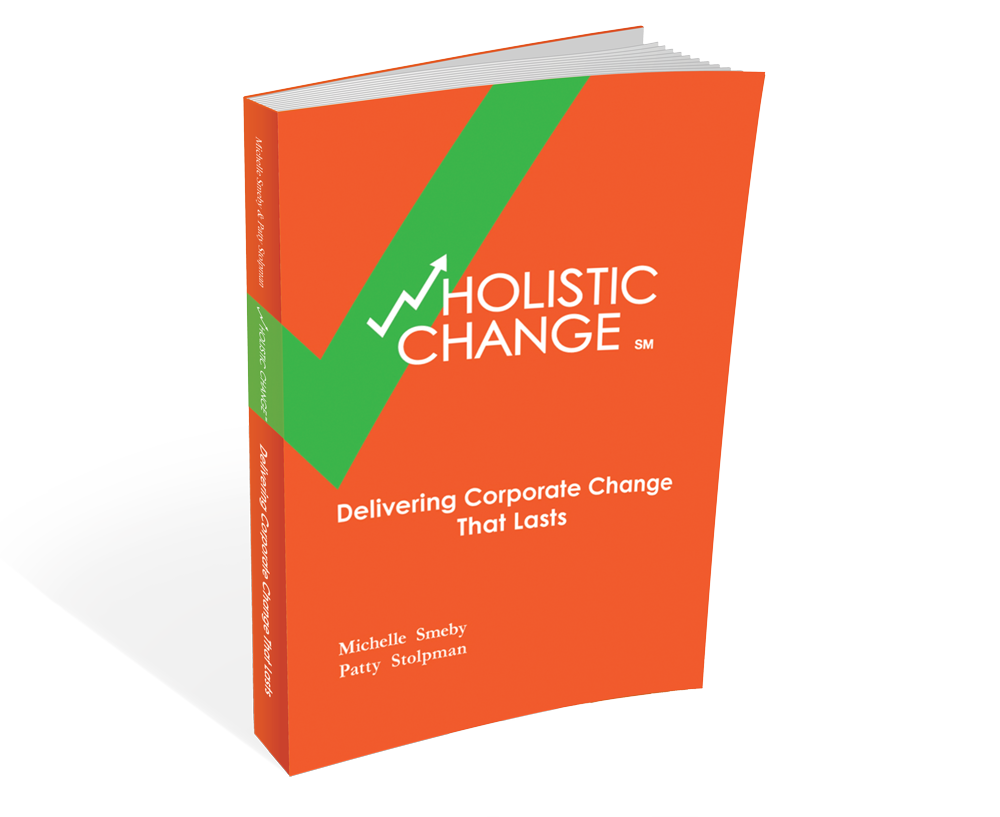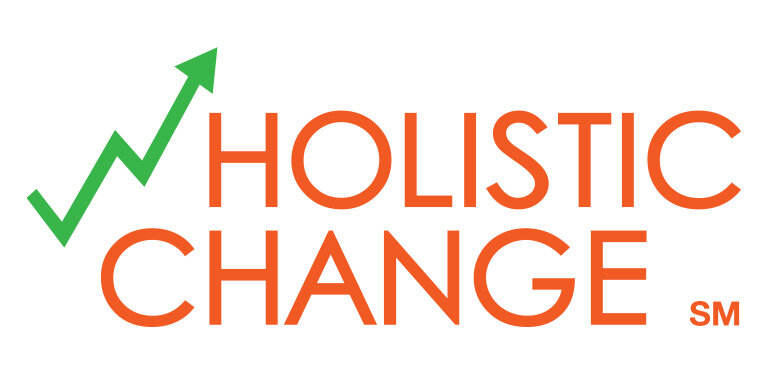Last year I took one of the Brave New Workshop's women-focused programs. Like me, the majority of the attendees were women who work in historically male-dominated fields. One of the topics taught during the workshop was using "I" statements to share one's point of view: "I want..." "I need..." "I am..." The idea behind using "I" statements is that it encourages us as individuals to express what we truly want or need in a particular situation.No one can read our minds nor truly understand our perspective unless we tell them. In my current mentoring relationship, my mentee was struggling with work/life balance. Specifically, her boss had fallen into a pattern of sending emails in the middle of the night (10 or 11 PM) and taking her laptop with her on vacation so she was able to check in from the beach. This was stressing my mentee out because she had gotten into a comfortable work/life balance for herself, she did not want to be plugged in to work when she goes on vacation, and she didn't want to set the expectation of constant monitoring of emails after hours or on vacation for her team either. My mentee was worried that her boss expected her to monitor emails late at night and to respond right away to whatever her boss sent.I suggested that my mentee use "I" statements with her boss. A colleague of my mentee's had approached their boss about the late at night emails and their boss had gotten defensive. The conversation had not gone well. My advice was for my mentee to find a time when her boss was receptive--maybe ask if they could go for coffee--and to share her personal perspective: "I really want to do a good job. I want to understand if you send emails in the middle of the night what your expectations are for me. Is it OK if I respond first thing in the morning when I get into the office, or do you expect an immediate response? It is important to me that I am meeting your expectations so please help me know how I can deliver what you need from me."My mentee said that the "I" statements were extremely powerful! Her boss did not get defensive and they had a great conversation. In fact, after hearing my mentee's perspective, her boss became self-reflective as she hadn't realized the number of hours she (the boss) was working nor the impact of that lack of work/life balance on her direct reports. My mentee said that her boss has now stopped sending emails in the middle of the night and that their relationship is even more trusted than it had been before she shared her personal perspective.My mentee said that "I" statements made her feel empowered and reduced her anxiety. She views them as a great tool in her toolkit and is even more confident, now that she has experience using "I" statements, that she has a terrific way to frame future difficult conversations. Instead of telling someone that they are stressing her out, she knows she has a way to share her personal perspective so they can have a constructive discussion about what to do on a go-forward basis.Being able to build trusted relationships is key to effecting any change, whether we want to change what our bosses do, what our peers do, or what our teams do.I want you to have this tool in your toolkit for the next time you need to share your perspective. I hope you get great results, too!
In my current mentoring relationship, my mentee was struggling with work/life balance. Specifically, her boss had fallen into a pattern of sending emails in the middle of the night (10 or 11 PM) and taking her laptop with her on vacation so she was able to check in from the beach. This was stressing my mentee out because she had gotten into a comfortable work/life balance for herself, she did not want to be plugged in to work when she goes on vacation, and she didn't want to set the expectation of constant monitoring of emails after hours or on vacation for her team either. My mentee was worried that her boss expected her to monitor emails late at night and to respond right away to whatever her boss sent.I suggested that my mentee use "I" statements with her boss. A colleague of my mentee's had approached their boss about the late at night emails and their boss had gotten defensive. The conversation had not gone well. My advice was for my mentee to find a time when her boss was receptive--maybe ask if they could go for coffee--and to share her personal perspective: "I really want to do a good job. I want to understand if you send emails in the middle of the night what your expectations are for me. Is it OK if I respond first thing in the morning when I get into the office, or do you expect an immediate response? It is important to me that I am meeting your expectations so please help me know how I can deliver what you need from me."My mentee said that the "I" statements were extremely powerful! Her boss did not get defensive and they had a great conversation. In fact, after hearing my mentee's perspective, her boss became self-reflective as she hadn't realized the number of hours she (the boss) was working nor the impact of that lack of work/life balance on her direct reports. My mentee said that her boss has now stopped sending emails in the middle of the night and that their relationship is even more trusted than it had been before she shared her personal perspective.My mentee said that "I" statements made her feel empowered and reduced her anxiety. She views them as a great tool in her toolkit and is even more confident, now that she has experience using "I" statements, that she has a terrific way to frame future difficult conversations. Instead of telling someone that they are stressing her out, she knows she has a way to share her personal perspective so they can have a constructive discussion about what to do on a go-forward basis.Being able to build trusted relationships is key to effecting any change, whether we want to change what our bosses do, what our peers do, or what our teams do.I want you to have this tool in your toolkit for the next time you need to share your perspective. I hope you get great results, too!

